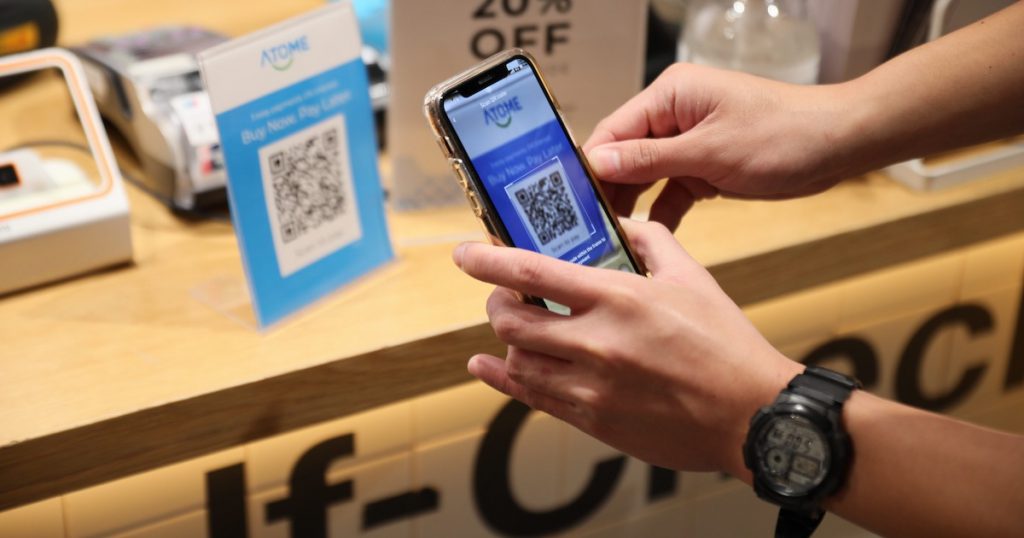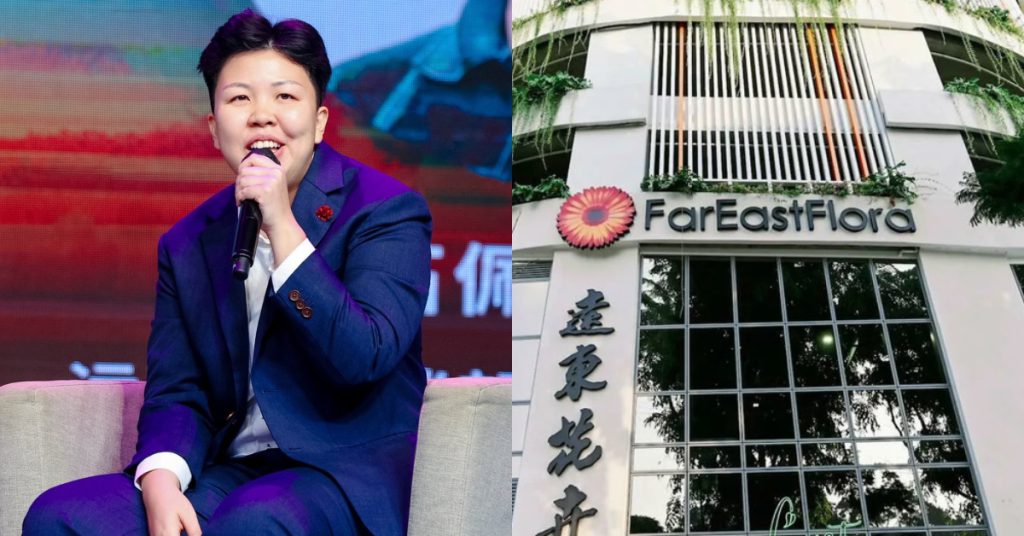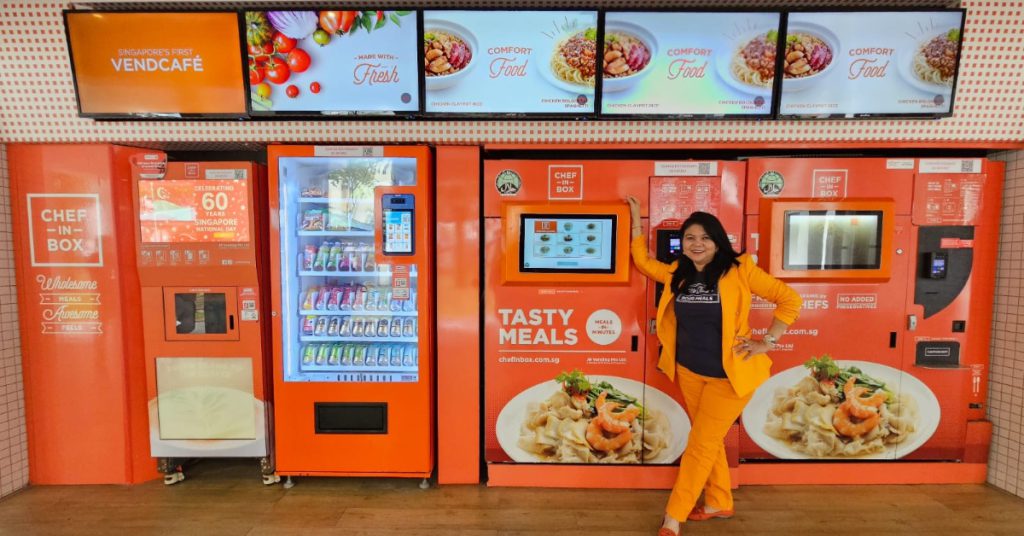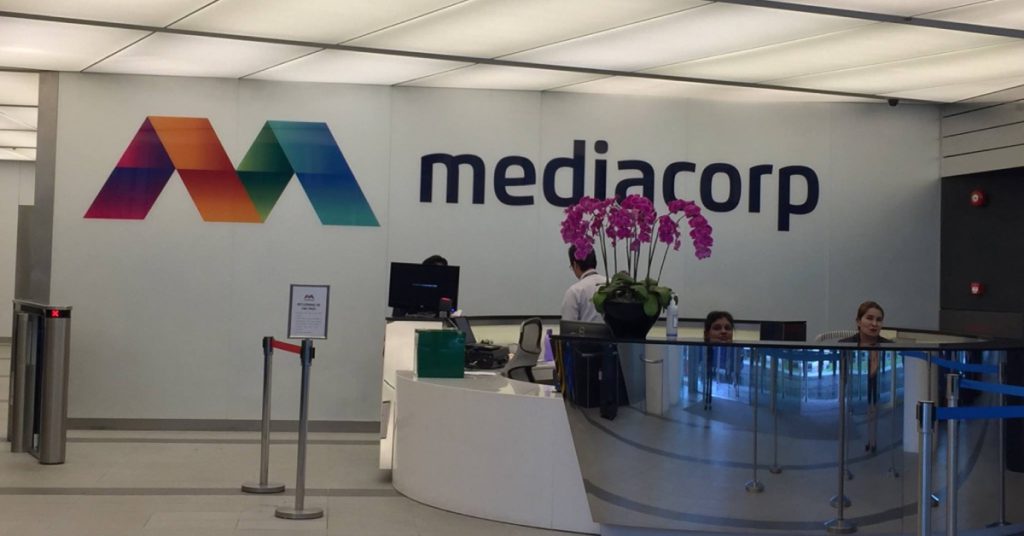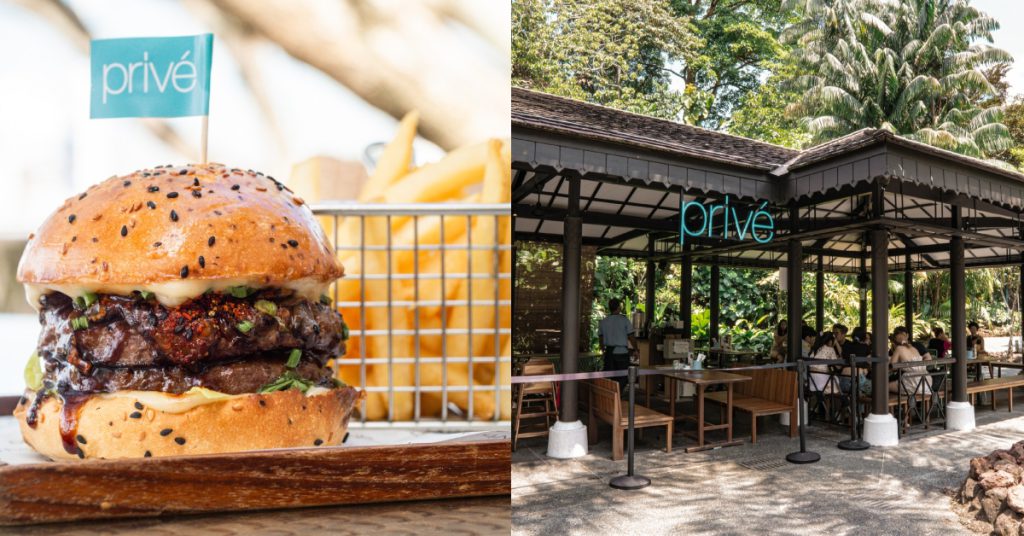For a long time, consumers have been content with the various modes of payment available in Singapore.
From debit to credit cards and e-wallets, paying for purchases was convenient and easy, with payments documented for easy checking and referral.
Despite this, a new mode of payment — buy now, pay later (BNPL) — has emerged in recent years.
BNPL promises users all the perks of current payment modes, with the added benefit of deferring payments at no extra charge.
While still a fledgling service in Singapore, BNPL has been common in Western markets for a long time. Some even posit that it’s what has been keeping some retailers alive.
BNPL has been dubbed a solution for reversing the havoc wreaked by the COVID-19 pandemic on retail sales in Singapore.
In an economic crisis, being able to defer payments at zero interest rate can be pivotal to consumers’ buying decisions. This can in turn improve sales for brands.
The unintended boost provided by the pandemic coupled with the millennials’ leaning towards instant gratification has led to a rise in BNPL services and interest.
The Draw Of Buy Now, Pay Later

BNPL is exactly what it says: you buy now, and pay later. It’s a service that allows consumers to break up payment for items into instalments.
The concept of BNPL is based on good repayment behaviour in exchange for affordable purchases, through flexible payment plans.
These services are free to use but users need to fulfil certain criteria first. For instance, they have to be aged 18 and above, and own a credit or debit card that must be linked to their account.
When checking out items online or in-store, they can choose among hoolah, Atome, Rely, Split or OctiFi as a payment option, depending on which service provider the merchant has partnered with.
Consumers usually pay a third to a fourth of the full price upfront. The remainder is split between instalments that are repaid monthly or biweekly.

Payments that are made on time are interest-free. The BNPL firms pay the merchants in full, absorbing the consumers’ credit risks.
Besides offering a solution to online shopping, e-commerce and businesses, BNPL services have been making their way to brick-and-mortar stores.
Since August 2020, BNPL startup hoolah has rolled out its solutions to over 150 retail outlets islandwide.
BNPL Startups Seeing Increased Investments And Interest
| BNPL Startup | Services Provided | Funding |
| Atome | Allows customers to split purchase amounts into three equal payments. The first payment will be made upon purchase and the next two are spread across 30 days each. There is zero interest, hidden charges or annual fees. | Atome has not raised any funding so far, but its parent company Advance Intelligence Group raised raised US$80 million in Series C funds in September 2019. |
| hoolah | Focuses on the consumer and merchant journeys to bring a new type of solution for customers. Provides merchants with a cost-effective and data-rich way to drive affiliate marketing, loyalty, conversions and increase their basket sizes. | Closed an eight-figure Series A investment round in March 2020. The round was led by Allectus, a venture capital firm focused on disruptive technologies, and joined by others like iGlobe Ventures, Genting Ventures, former Lazada group CEO Max Bittner, and FNZ CEO Tim Neville. |
| OctiFi | OctiFi has built B2B and B2C product solutions. It makes commerce more affordable on a platform designed to serve those who benefit the most from responsible access to credit. Payments can be made in three instalments. | – |
| Rely | Enables customers to buy what they want and split the purchase amount into interest-free payments at zero interest and no extra fees. | Raised S$100 million in funding in December 2020, according to Crunchbase data. |
According to a 2020 report by Worldpay, BNPL is expected to be the fastest-growing mode of online payment worldwide over the next five years.
About 38 per cent of Singaporeans, or 2.2 million people, have used a BNPL service, according to financial comparison platform, Finder. This testifies to the phenomenal growth of BNPL startups in Singapore.
In an interview with Vulcan Post, hoolah’s CEO and co-founder, Stuart Thornton, said that in the last 12 months, its user base had grown by 400 per cent.
It now has over 2,800 online and offline store partners across the Southeast Asian region. Total transaction volumes have grown over 1,500 per cent year to date, with topline sales up over 800 per cent.
Another BNPL startup, Atome, has partnered over 2,000 retail brands, including Agoda, Sephora, Zara, Aldo, Furla, and Marks & Spencer in six markets, according to CEO David Chen.
“As part of our broader Advance Intelligence Group, we have served over five million users in the region and cumulatively provided over US$1 billion in credit to empower merchants and consumers,” he said.
The growth of the industry has caught the attention of investors. Even Singapore’s sovereign wealth fund, GIC, has invested in BNPL startups such as Sweden-based Klarna and San Francisco-based Affirm.
It’s A Win-Win For Both Merchants And Consumers

BNPL services have been touted as a way to empower both merchants and customers, offline and online.
According to David, benefits to merchants include higher customer conversions, bigger basket sizes and a better customer experience.
Similarly, Stuart “noticed a gap where commerce was growing rapidly, but merchants were complaining about converting customers and seeing abandonment”.
The hoolah co-founder shared that 75 per cent is the norm for shopping-cart abandonment, with a number of merchants reporting more than 90 per cent.
Abandonment refers to a shopper who visits an e-commerce website, adds at least one or more items to the shopping cart but proceeds to exit the website without completing his or her purchase.
BNPL services help by reducing the upfront cost for shoppers, making their purchases more manageable financially. This increases the likelihood of customers “checking out” their purchases and reduces the abandonment of shopping carts.
With the choice of spreading out their payments over time, consumer baskets have also grown in size.
In the case of Atome, partners have seen an average increase of 17 per cent in their ticket order size. There has also been an increase in conversions at checkout of 30 per cent.
Meanwhile, hoolah’s merchants have reported a 20 to 40 per cent increase in conversions and basket sizes.
“It’s a valuable payment solution for new customers and for existing customers. 20 per cent of our sales in Malaysia and 18 per cent of our sales in Singapore come through hoolah,” Paulino Moreno, the Managing Director of women’s fashion retailer 6ixty8ight shared.
6ixty8ight also saw an increase in younger customers purchasing their products through hoolah.
According to Paulino, 36 per cent of customers who now purchase through hoolah are younger than 25 years old, up from 25 per cent previously.
Now that they do not have to rely on heavy discounts or marketing spend to drive conversions, merchants have a solution at a fraction of the cost of past marketing budgets.
Importantly, the process is “completely fuss-free”, said Stuart.
Since it is entirely digital, merchants are able to deploy hoolah’s services both online and in physical stores contact-free and with ease.
The startup also pays its merchant partners upfront once a product is sold, so there is no impact on cash flow.
Geographically, BNPL is also a useful tool for Southeast Asia, said OctiFi founder Ed Chin.
“Three out of four people in Southeast Asia don’t have credit cards and small businesses are struggling to tap into these demands due to the lack of affordable credit,” Ed said.
OctiFi steps in to “lessen the financial consideration for the consumer in making buying decisions.”
To add on, the millennial consumers of today expect better customer experiences.
According to David, “personalisation and choice” play an important role in a shopper’s experience, and BNPL offers a huge flexibility in payment.
How BNPL Startups Are Curbing “Bad Debt”

Despite all its upside, many are critical of BNPL services and they have good reason to be.
According to a report by The Business Times on 7 November 2020, industry experts point out the consequences of a “false sense of affordability and hidden late payment charges that could introduce bad debt.”
BNPL services may give consumers, especially those whose credit profiles may otherwise disqualify them from conventional credit products, a false sense of affordability and encourage them to over-commit with multiple instalment plans.
Ho Kok Yong, a financial services industry leader at Deloitte, in an interview with The Business Times
The onus is on the BNPL startups to put in measures to ensure that consumers are able to repay.
Stuart told Vulcan Post that hoolah uses its proprietary risk decision engine. It trawls through a number of data points for real-time risk assessment of a customer’s financial capability and intent, and approves or rejects orders based on this.
“We have better assessment capabilities because instead of trying to understand a consumer’s income or financial status (like most banks), we look at their purchasing behaviour to ensure they are spending responsibly using the platform,” said Stuart.
Hoolah also dynamically caps orders based on its risk assessment.
This means that the startup actively ensures that users do not overuse the platform. When the cap is hit, they have to pay off outstanding instalments before they can use hoolah to place a new order.
New users, especially, will have more stringent limits on their active orders at any one time, to prevent them from overspending.
Similarly, Atome uses its parent company, Advance Intelligence Group’s, AI-based credit assessment and scoring, digital identity verification, and anti-fraud technology to “accurately weed out bad actors or those who are deemed a high credit risk.”
Is BNPL The Future Of Retail?

Protraction of the COVID-19 pandemic has made the retail sector’s recovery slow and lengthy.
However, the pandemic has also spurred innovation, with retailers pivoting to digital channels to ensure their customers could still make purchases.
As consumers trickle back into retail stores, BNPL services could help thrust the retail industry forward.
“From a merchant’s point of view, I think BNPL can really help the retail industry recover. The way consumers shop and pay has been changed permanently and this will continue beyond COVID-19,” said David.
Furthermore, innovations like omni-channel shopping, contactless payments, new payment options — including full or partial payment — are growing in popularity.
The younger generation of consumers are mobile-first shoppers who appreciate “simplicity, convenience and transparency,” he added. This gives him the confidence that BNPL services are here to stay.
Although Asia is steeped in the conventional wisdom that you should pay for everything you buy in full, the next generation is changing their habits, beliefs and behaviours.
On one hand, they are more adept at using digital payments and have also shifted to using debit over credit cards.
On the other hand, they are more thoughtful about responsible spending, likely influenced by globalisation, social media and the motivation to improve wealth.
They are also more price conscious, and appreciate the importance of personal cash flow.
“BNPL is thus a solution that helps their wallet, is easy to use, transparent, and most importantly, a viable option for the unbanked, underbanked and banked consumers in Singapore to invest in a quality life while spending responsibly,” Stuart concluded.
Featured Image Credit: Atome


